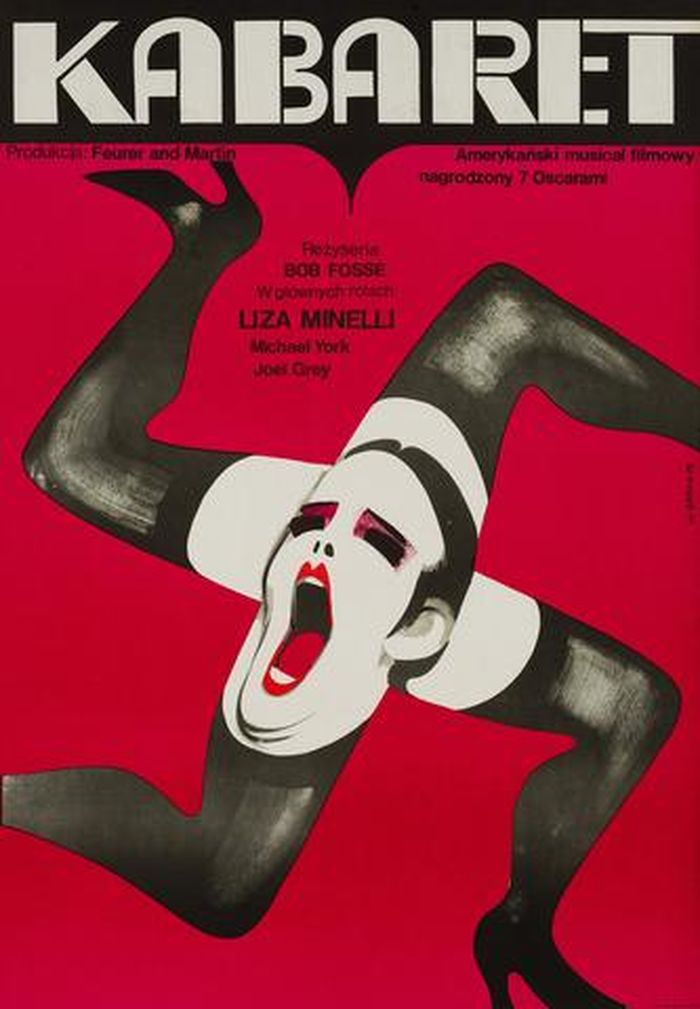The Marriage of Figaro: a production sure to win converts to opera
Jasmine Regan Feldman reviews TCMS’s production of The Marriage of Figaro

The ambient lighting and divine setting of Trinity College Chapel was a welcome place to settle in last Saturday night for Mozart’s three and a half hour operatic masterpiece, Le Nozze di Figaro (The Marriage of Figaro). The college chapel was the ideal stage for Figaro as the intimate space and echoing acoustics created the heavenly experience put on by the Trinity College Music Society. One of Mozart’s better-known operas, the story centres on fiancés Figaro (Tom Butler) and Susanna (Hannah Dienes-Williams), whose plans for marriage are continually foiled by the drama in the courts of Seville. After many a mix-up and spine-tingling aria, they are eventually married in one of the most amazing opera finales. Despite the grandiose precedence of Figaro, thought to be one of the best and most widely performed operas of all time, TCMS’s production met and exceeded every mark.
“A piece true to its eighteenth-century origins”
With seven directors, one might have expected a spoiled broth; however, Figaro was far from it, and the directorship was able to create a rich, steamy stew of an opera. The creative vision was cohesive and well-executed, from the simple yet effective sets to beautiful and well-thought-through costumes. Talented director Louisa Stuart-Smith, who also played Cherubino, wished to create a piece true to its eighteenth-century origins. The sets were modest but evoked the grandeur of the Seville courts without distracting or clashing with the Trinity chapel. While the costumes clearly had a period flair, the focus was on representing character through fabric and hair, helping the audience connect to and understand the role of each individual in the story.
Once the audience had settled, the orchestra launched into the famous overture, much to everyone’s delight. Most will not admit it, but everyone’s favourite part of an opera is turning to the person beside you and whispering, “Oh, I know this one!” Whether or not one had recognised the overture, the audience was still stunned by the sumptuous orchestra. A sweeping thirty-one piece orchestra accompanied the production of Figaro, filling the chapel with Mozart’s brilliant pieces. Musical director Max Todes brought the orchestra to life, ensuring his masterpiece as conductor.
For all those who fear a lengthy opera, concerned they will spend three hours without a clue as to what is happening, TCMS’s production successfully solved this issue! Live translations of the Italian accompanied the entire performance so that the audience could keep up with each jab and joke, not only making the opera more accessible, but approachable for a wider group. It was great to understand the conversations happening on stage, but even with my limited knowledge of Italian, I doubt that Figaro remarked that Antonio (Jack Harris) was “Absolutely trollied”.
Highlights of the production must include the sextet in Act III, orchestrated by Assistant Director Benji de Almeida Newton. The sextet reveals that the woman who has been attempting to break up Figaro and Susanna’s betrothal, Marcellina (Sumei Bao-Smith), to marry him herself, is actually Figaro’s mother. They are joined by Basilio (James Gant), who is revealed to be his father, and the Count (Tom Unwin) and Countess (Katherine Gregory) in a superbly arranged sextet in their confusion and joy. Their voices washed together effortlessly, reverberating around the chapel, and was a triumph for the singers and the director.
Although I have avoided admitting it thus far, I must admit to being a heathen that did not previously appreciate opera. However, I enjoyed TCMS’s Le Nozze di Figaro production so much that I feel I have been converted. I was stunned by an ‘amateur’ production’s professional quality that surpassed all my expectations – beyond professional and worthy of the Royal Opera House. Despite my tentativeness at sitting through a three and a half hour long opera, I enjoyed every moment and look forward to future operatic productions by this team. The music, of course, was the absolute highlight – I’m sure this Mozart fellow will go far.
 News / Eight Cambridge researchers awarded €17m in ERC research grants27 December 2025
News / Eight Cambridge researchers awarded €17m in ERC research grants27 December 2025 News / Clare Hall spent over £500k opposing busway 24 December 2025
News / Clare Hall spent over £500k opposing busway 24 December 2025 Comment / League tables do more harm than good26 December 2025
Comment / League tables do more harm than good26 December 2025 Comment / The ‘class’ of Cambridge24 December 2025
Comment / The ‘class’ of Cambridge24 December 2025 News / Caius mourns its tree-mendous loss23 December 2025
News / Caius mourns its tree-mendous loss23 December 2025









